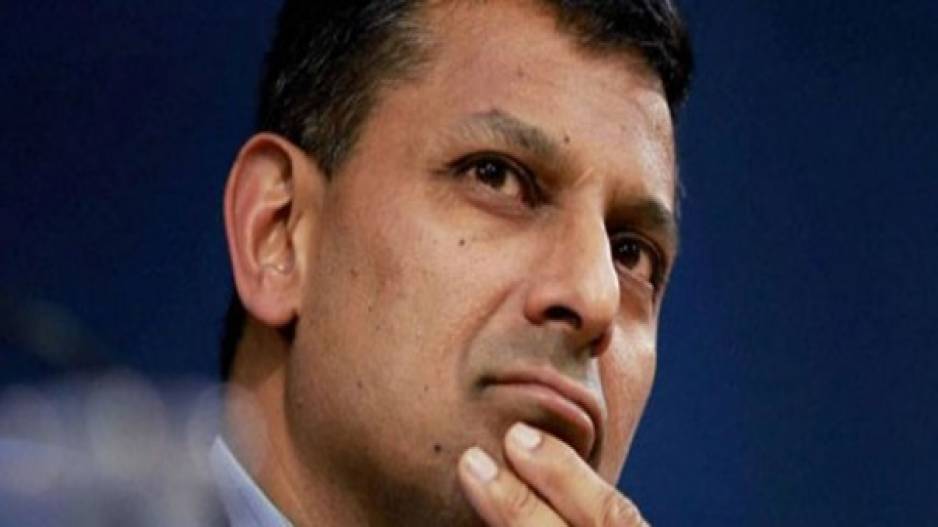Recommended Stories
Mumbai: A day after hiking the key rate by 0.25 per cent, Reserve Bank Governor Raghuram Rajan on Thursday said inflation is both a monetary and political issue and wanted the political establishment to understand the importance of curbing rising prices.
He also said the Reserve Bank of India (RBI) is not blind to issues arising from low growth and is concerned about it.
Answering a query on whether RBI has some suggestions to the government on bringing down food prices, he said it is presumptuous for RBI to do so.
"Ultimately, inflation is both a monetary and a political issue and we need the political establishment to understand the importance; and I am confident that it will and it is," he said at the customary post-policy analysts concall.
"If fiscal policy is expansionary, then we will have to adjust our policies ourself to meet the overall disinflationary process.
"So we can't throw up our hands and say there is nothing we can do because of fiscal dominance. Countries across the world, the monetary authority and fiscal authority are co-operative as far as possible but one has to adjust for the other," Rajan said.
The RBI in its Third Quarter Review of Monetary Policy yesterday unexpectedly raised the key policy rate by 0.25 per cent to 8 per cent to rein in inflation.
It may be noted that Rajan's predecessor D Subbarao had blamed the fiscal policies of the government for continuous spike in inflation and slow growth during his tenure.
Subbarao had blamed supply-side constraints and said those were beyond the purview of the RBI. He had also attributed the "loose fiscal stance of government" for slow growth and high inflation. He had also said inflation is a tax on the poor.
Last year, Prime Minister Manmohan Singh speaking at an RBI function had called for evolving a fresh thinking on RBI's monetary policy in a globalised economy and dealing with the constraints of its macro economic policies.
"The time has come to look at the possibilities and limitations of the monetary policy in a globalised economy and dealing with the constraints of the macro economic problems. That is where a fresh thinking is called for," he had said.













